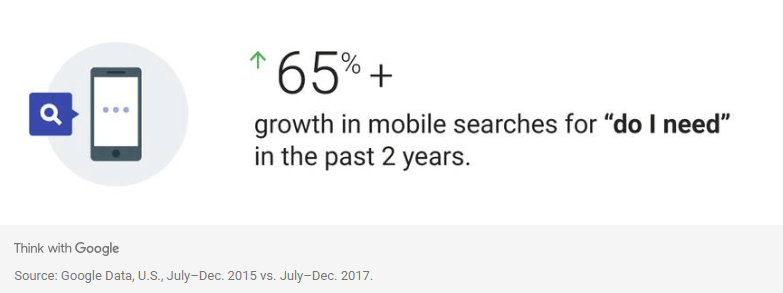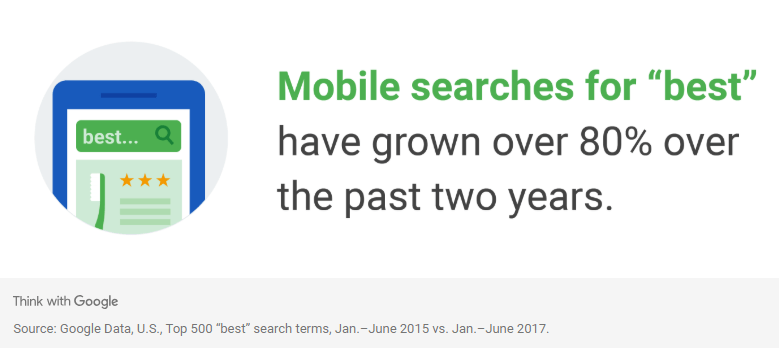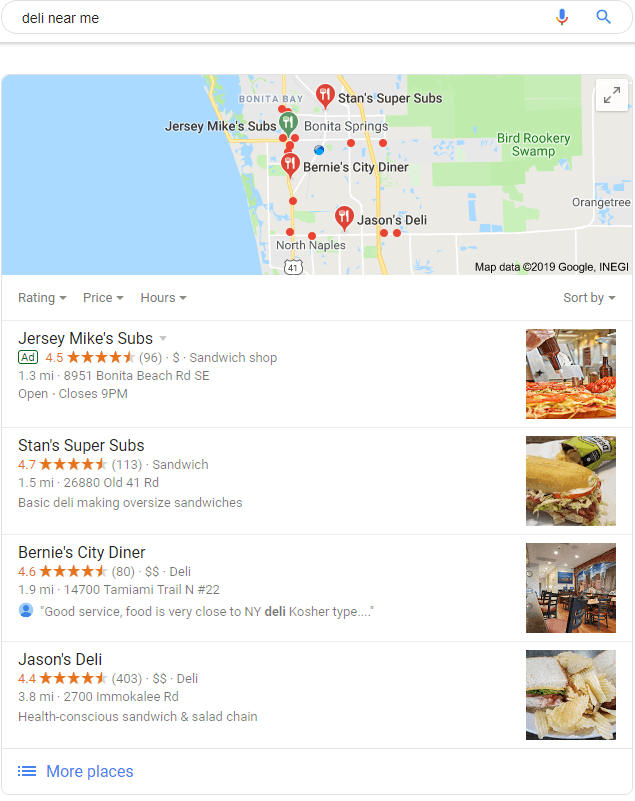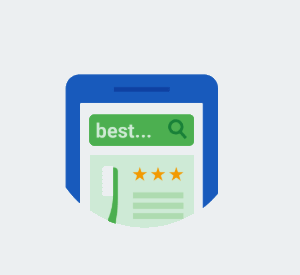A lot has changed in the search landscape over the last decade. Search engines (particularly Google) have become smarter. Their developers and engineers have created algorithms to really understand how users search for products and services online.
This may seem like an outdated topic, but the fact is that how we search is constantly changing. The introduction of smartphones has had a major impact on how we search for things online and moreover, we’ve really begun to change the words we use when we search as well.
A lot of clients have come to us for guidance on the keywords they need to have on their site. Back in the day (circa mid/late 2000s), keywords were the driving force behind SEO. Take our service as an example. We’re a web design/digital marketing company, so we would need to consider keywords like:
- Website designer
- Web designer
- Web design company
- Website design company
- Digital marketing
- Digital marketers
- Digital marketing companies
You can see from the above that our list of keywords can go on and on. This tactic – adding as many keywords in content and meta tags as you can – is somewhat outdated as Google and other search engines have grown to understand how we search. For example, Google now understands that if someone is searching for “digital marketing,” “internet marketing” will be considered the same or similar, so we no longer need to target synonyms in our keywords.
Here, I’ll dive into some of the latest search trends that have come up in 2018 and what we can expect to see in 2019.
Searches are Conversational
What is a conversational search? Think of having a chat with a friend or colleague. If you’re wondering about where to get your tires fixed on your car, you will phrase it in the form of a question. “Where can I get my tires fixed?”
Conversational searches (also known as natural language searches) have grown immensely over the last year as new devices are coming around with voice assisted search (i.e. Amazon Alexa, etc.).
Google released a great article that details just how popular these kinds of searches have become. For example, we used to search for keywords like “bank account.” And now we are searching for phrases such as “what do I need to open a bank account.”

Source: Think With Google
This concept can be applied to most services and products people search for. Google estimates that mobile searches starting with “can I” have grown over 85% in the last 3 years. Mobile searches for “do I need” have grown over 65%. Seeing this shift towards conversational and question-based searches forces marketers to refocus our efforts. We need to continue with targeting keywords, however, we need to get into the questions users will ask as it relates to searching for products/services.
Searches are Mobile
We always knew the shift to mobile was coming. Over my last 6 and a half years with Atilus, I’ve seen clients’ traffic shift from being 75% desktop to 75% mobile. I would estimate that 90% of our clients’ have majority web traffic. (That’s not to say desktop should be ignored, though!)
According to BrightEdge, a study done in 2017 shows that 57% of all US online traffic now comes from mobile phones. According to Think With Google, mobile searches for “best” have grown over 80% in the past 2 years. There has also been a 500%+ increase in “near me” mobile searches per Google.

Source: Think With Google
I’ve just thrown a lot of statistics at you, but you get the idea. Internet users are flocking to mobile phones/tablets to complete their online research and shopping. It’s important that:
- Your website is mobile-friendly (I cannot stress this enough)
- Any paid campaigns that you run should also consider mobile bid adjustments and other extensions (mainly for Google Ads)
Searches are Local
This section piggybacks off the above section. As I mentioned above, “near me” searches on mobile have increased significantly. This means that users are searching for goods and services while out and about. Or, if they are not out and about, they’re about to go out and want to know what location is closest to them.
It’s important to consider the type of good or service you’re offering and the purchasing cycle of that good or service. The consumer buying cycle is broken down into 5 parts:
- Problem/Need Recognition – I need something.
- Information Search – I am looking for that something.
- Evaluation of Alternatives – What are some alternatives to that something?
- Purchase Decision – I am buying that something.
- Post-Purchase Behaviour – I did/did not like that something. I may/may not buy that something again.

Consider a business that offers a very locally-based service, like a local deli. Here is where the local search comes into play.
The buying cycle here is rather short, given that the timeframe between deciding you want a sandwich and when you have a sandwich is rather short. A “near me” search is perfect in this situation and a local deli should have a strong presence in Google Maps (using Google My Business) as the map-pack is going to be one of the first results users see.
For local services, like restaurants, coffee shops, or anywhere the buying cycle is rather short should utilise “near me” keyword searches in Google Ads and potentially as an organic target.
What do the people say?
Recently, Ignite Visibility spent over 120 hours surveying 500+ internet users to gain insight about how they search and what impacts their decision to click. Their results and thorough analysis are presented in their article.
How Do People Search for My Business Online?
I think it’s safe to say that we will continue to see a shift toward conversational and mobile searches. However, I never recommend implementing a blanket strategy for every business or industry. Each is so wildly different that they require a tailored marketing strategy. For example, there are many government or state-run organisations that are required to use Internet Explorer at work. As such, any professional searching they are doing for goods/services for their company will most likely be done from a desktop using Internet Explorer. (I used to work at a state-run nonprofit, and I can vouch for that.)
It’s most important to ask yourself:
- Who is my target market?
- What is the buying cycle like?
- What questions do my current customers/clients ask? (Chances are, your potential clients have similar questions)
- What need do I fulfil or what problem do I solve? (For example, if you are a web design company, your need isn’t a website. It’s the need to better market your business online.)
All in all, the search landscape has changed a lot and will continue to do so. The important things to consider are your target market and how they search.
If you’re unsure, we are a professional digital agency that specialises how to market your business online. We’ve been around since 1995 and I personally have nearly 7 years of digital experience in both paid and organic search. If you’d like to learn more, contact us today.
Grab the free e-book "How to Write Copy That People AND Search Engines LOVE" so you can keep people on your page and rank highly on Google
If you would like some more information on how to leverage the latest trends for your business, contact Steve at insight.web@insightdesign.com.au or call 08 9381 5900
. Connect
Connect